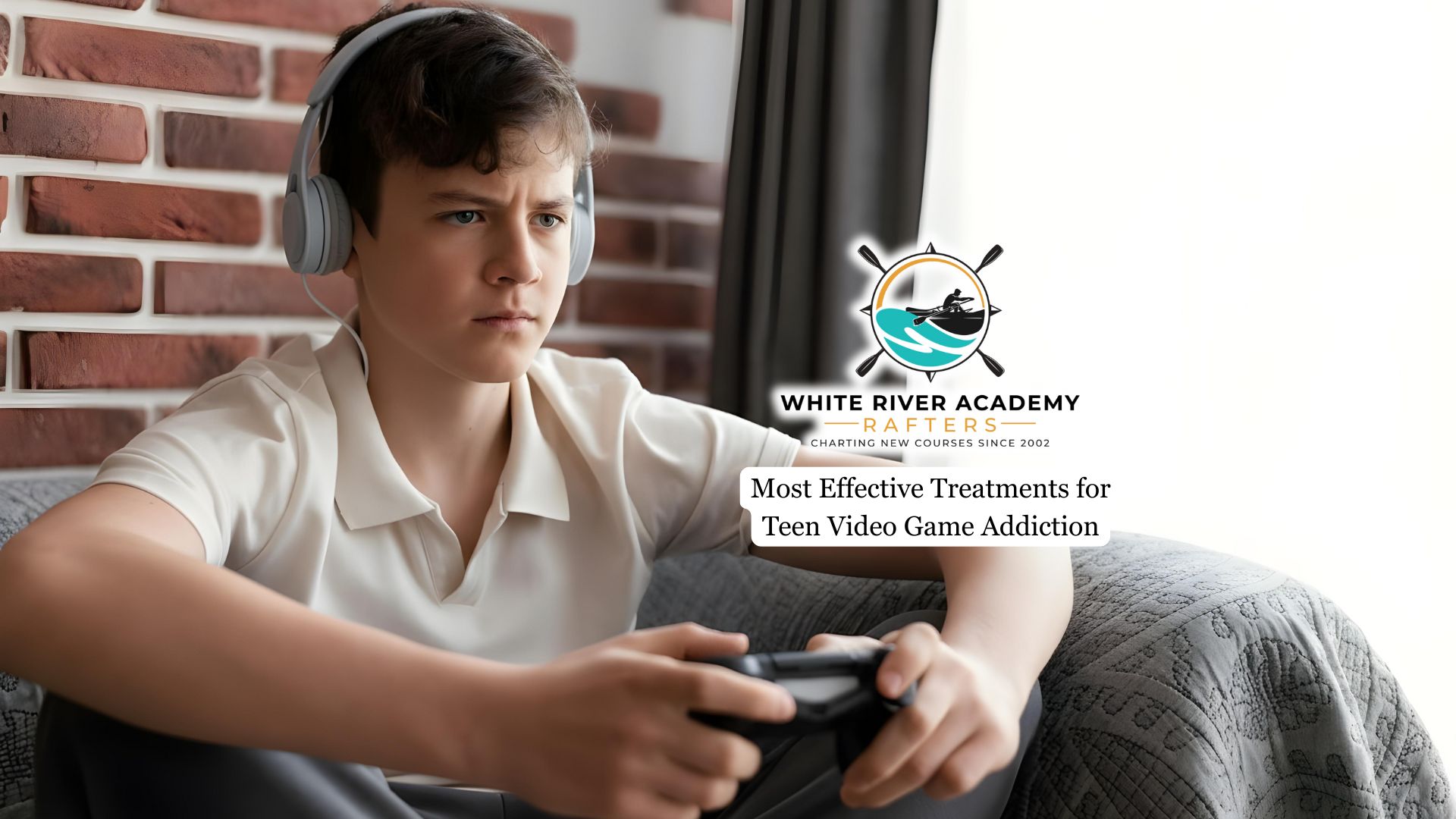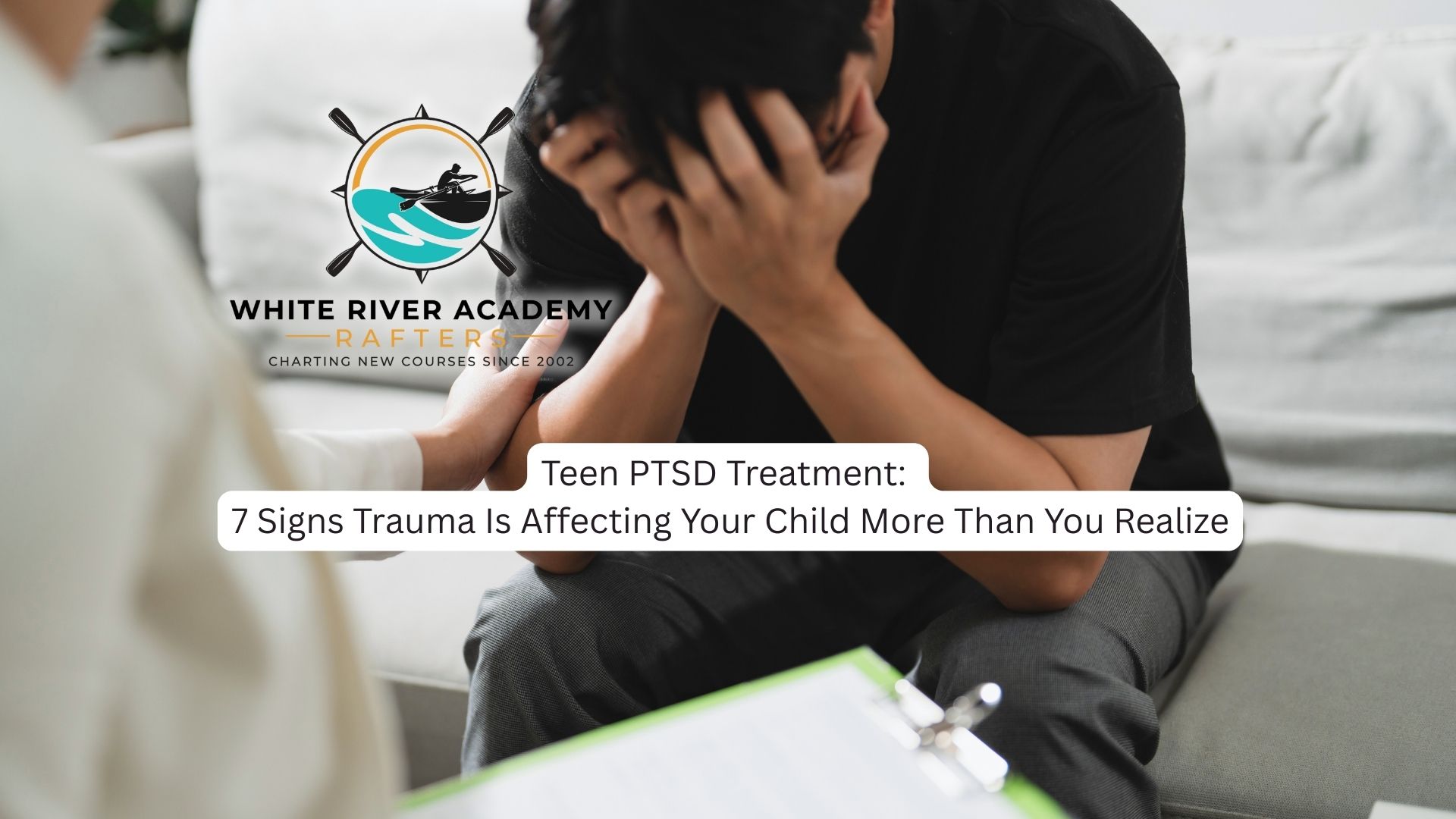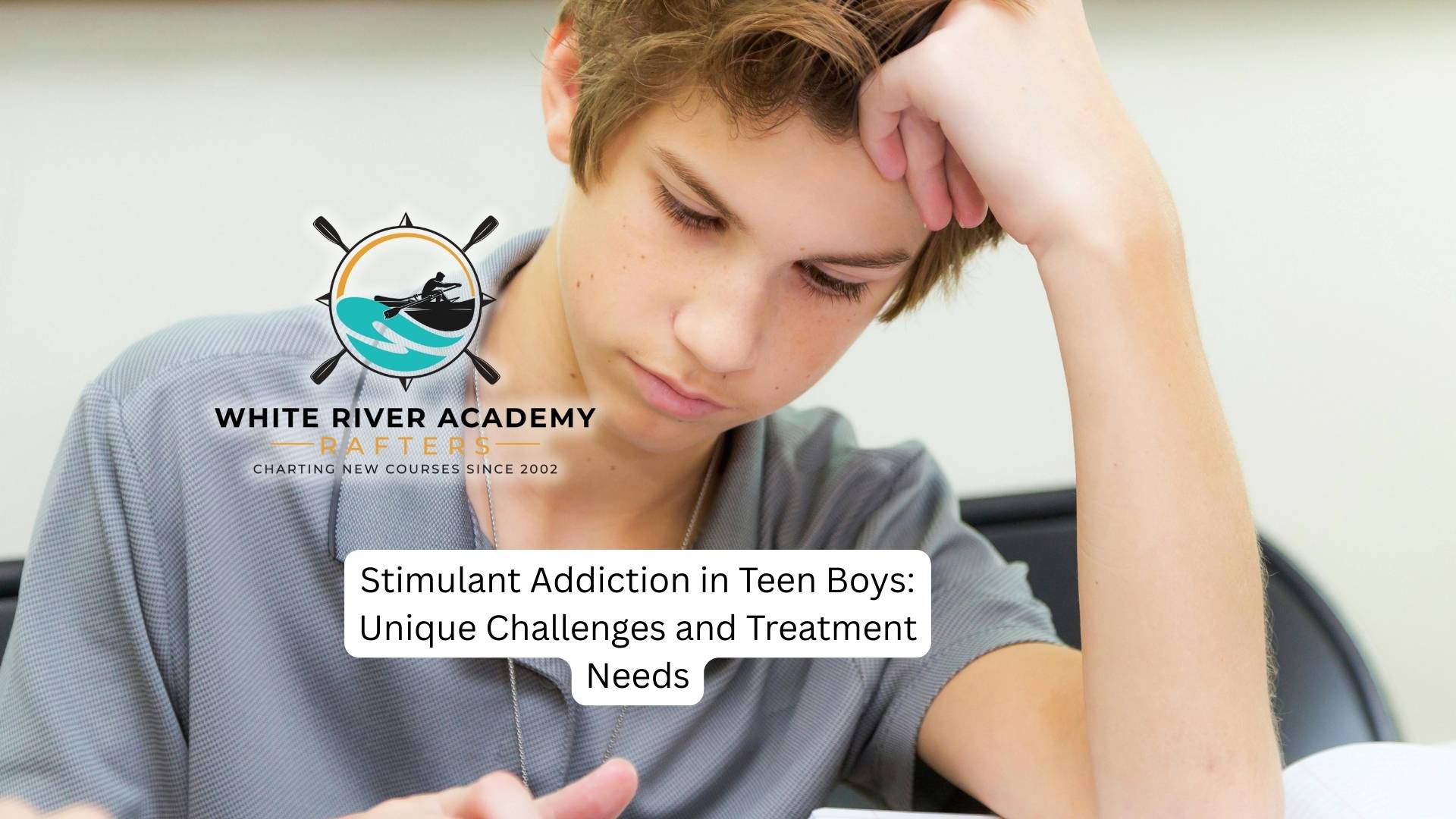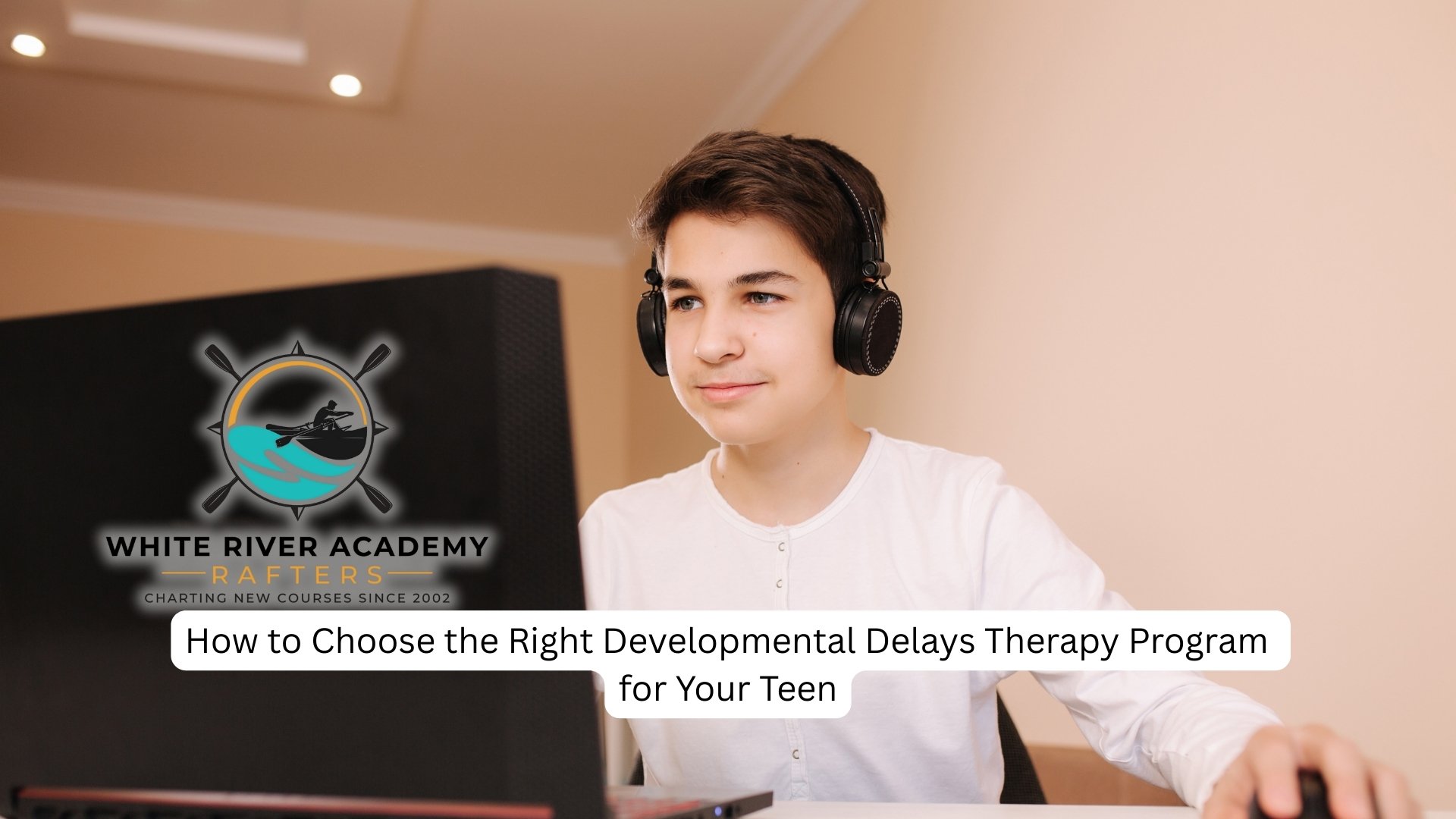Excessive gaming can disrupt academics, social development, and mental health. For parents and professionals, identifying the most effective treatments is crucial in helping adolescents regain balance and develop healthier habits.
This article explores evidence-based approaches designed to address teen video game addiction and support long-term recovery.
Understanding Teen Video Game Addiction
Video game addiction is characterized by compulsive gaming behavior that interferes with daily life. Young people may spend countless hours playing, neglecting schoolwork, friendships, and family responsibilities. Warning signs often include irritability when not gaming, lack of interest in hobbies outside of screens, and significant drops in academic performance.
Sleep schedules and eating patterns are also disrupted, leaving adolescents physically exhausted. These changes often signal deeper issues and may be an early sign of developing gaming addiction. Recognizing the severity of the problem is the first step toward seeking effective treatment for teen gaming addiction, which can provide the guidance and structure needed to restore balance.
Cognitive Behavioral Therapy (CBT)
CBT helps teens identify and change negative thought patterns that fuel compulsive gaming. Therapists guide adolescents to recognize triggers, such as boredom or stress, and replace unhealthy responses with positive coping strategies.
For instance, a young person who uses gaming to avoid social anxiety can gradually build confidence in face-to-face interactions. Cognitive Behavioral Therapy (CBT) also emphasizes the importance of setting goals, solving problems, and regulating emotions. This behavioral treatment not only reduces gaming time but also helps improve concentration and resilience against relapse.
Family Therapy and Parental Involvement
Parents and siblings can learn how to set boundaries around gaming, improve communication, and model balanced use of technology. Parental involvement ensures consistency at home, making it easier for them to practice new behaviors in real-world settings.
Structured family sessions may also uncover deeper issues that fuel gaming, such as unresolved conflicts, lack of support, or difficulties adjusting to change. Working together, families can create a healthier environment that supports the teen’s progress.
Setting Healthy Routines and Limits
Adolescents benefit from schedules that balance schoolwork, hobbies, physical activity, and downtime. When time is planned, it reduces the temptation to spend entire afternoons or late nights gaming. Parents can enforce screen time limits, encourage participation in extracurricular activities, and designate tech-free zones, such as bedrooms or family dining areas.
These strategies help teens rediscover interest in meaningful offline experiences such as reading, music, or volunteering. Structured routines also promote discipline and consistency, which are crucial for long-term success. Without these safeguards, slipping back into unhealthy patterns can become a sign of gaming addiction that requires closer attention and intervention.

Support Groups and Peer Engagement
Support groups offer a sense of community as young people navigate recovery. Connecting with peers who share similar challenges helps reduce isolation and normalize their struggles. Group sessions often combine education with interactive activities, allowing participants to reflect on their habits, learn healthier ways to manage emotions, and set realistic goals.
Research shows that teens who participate in peer-based programs often experience stronger motivation and lower relapse rates. Celebrating milestones, such as reducing weekly gaming hours, reinforces motivation. For many adolescents, positive peer influence can be more impactful than parental reminders, making support groups a powerful tool in recovery.
Integrating Outdoor and Physical Activities
Physical activity is a valuable replacement for gaming. Exercise reduces stress, boosts mood, and increases focus, all of which can help them resist the urge to spend hours on screens. Activities such as team sports, hiking, biking, or even simple daily walks provide structure and offer opportunities for genuine social interaction in the real world. Outdoor experiences also promote mindfulness by immersing teens in their environment, reducing overstimulation from digital media.
Treatment programs also emphasize physical fitness because it restores balance, encourages responsibility, and provides natural rewards that counter the pull of gaming. For many adolescents, the duration of quitting video game addiction can vary depending on the severity of the habits and the level of support. Staying engaged in consistent outdoor and physical activities can make the process more manageable and reduce the risk of relapse.
Professional Treatment Programs
Professional treatment programs offer structured care tailored to each teenager’s specific needs. These programs often include therapy, academic support, and supervised recreational activities. A major advantage is the removal of constant access to video games, giving adolescents the space to reset and practice healthier habits.
Treatment centers focus on teaching coping skills, managing emotions, and repairing relationships strained by excessive gaming. Integrating evidence-based therapies with daily structure, professional programs create a foundation for long-term behavioral change and improved overall well-being.
Final Thoughts from White River Academy
Teen video game addiction requires a thoughtful, structured approach to treatment. From therapy to lifestyle changes, the goal is to help adolescents build balance, develop healthier coping skills, and strengthen family support systems. Recognizing and addressing the problem early increases the chances of long-term recovery.
At White River Academy, we understand the challenges young people face when struggling with compulsive gaming. Our gaming addiction programs for teen boys in Utah are designed to combine evidence-based therapies, family involvement, and structured daily routines to support lasting change. Focusing on the whole individual, we provide the tools necessary for young men to move beyond unhealthy gaming habits and thrive academically, socially, and emotionally.




